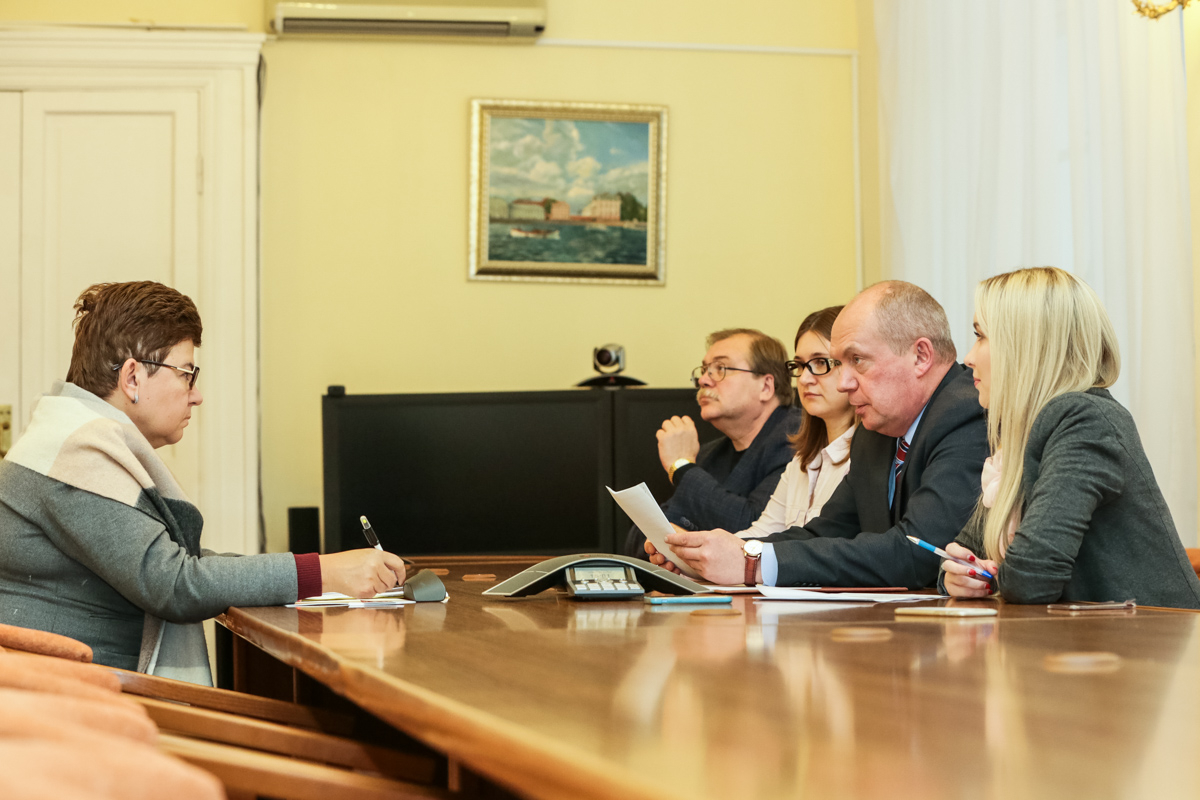SPbU and Embassy of Norway to expand collaboration in education and research

At St Petersburg University, Vice-Rector for Research Sergei Aplonov has met Advisor for Education, Research, and Technology of the Embassy of Norway in Russia Radina Trengereid.
They discussed what results the University and Norway’s institutions have reached so far in education and research and identified the areas for further collaboration.
Our collaboration with Norway in education and research is on the rise, said Sergei Aplonov. “Today, SPbU has partner relationships with 5 out of 8 big institutions and 16 universities and companies, among them is Statoil,”— said Sergei Aplonov and added that in 2014–2016 we implemented 19 joint projects for 25 mln rubles.
For the last year when Radina Trengereid has been working in the Embassy in Moscow she has met SPbU’s scientists on a regular basis who take part in the conferences, seminars, and projects held by Norway and its research foundations, said Radina Trengereid.
We should expand our long-standing collaboration.
Advisor for Education, Research, and Technology of the Embassy of Norway in Russia Radina Trengereid
SPbU’s Vice-Rector for Research told about our experience of how we directly collaborated with the DFG and discussed the opportunities to directly collaborate with Norway’s research foundations.
The opportunities St Petersburg University offers, in particular the Research Park and information resources, open new horizons in Russia-Norway collaboration, said Sergei Aplonov.
Importantly, openness and transparency are an overarching priority of the University.
SPbU’s Vice-Rector for Research Sergei Aplonov
“All competitions have the same requirements for academic staff from SPbU and outside, including from overseas. The main thing is you should meet our requirements”, — said Sergei Aplonov.
They agreed that their key priority is collaboration in the Arctic: exploration of the fossil fuels, bio resources, sustainable development of the region, and climate studies.
“We should encourage interdisciplinary and translational research and develop so-called cross-cutting technologies that bring together, commercially and engineeringly, fundamental science and industry”, — said Sergei Aplonov.

